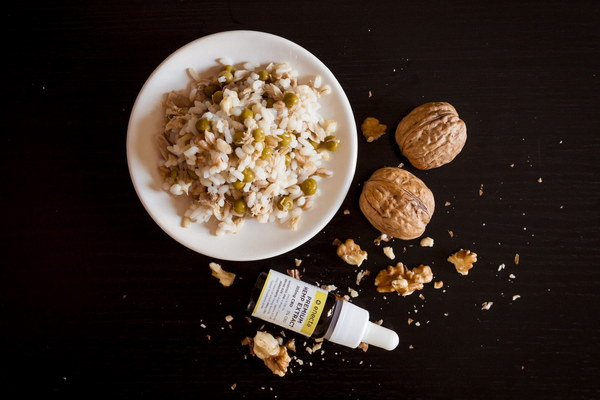The Ultimate Guide to Liver Care How to Nourish and Protect Your Liver for Optimal Health
In the fast-paced world we live in, taking care of our health has become more crucial than ever. One of the most vital organs in our body is the liver, responsible for filtering toxins, metabolizing nutrients, and producing bile. Proper liver care is essential for maintaining overall health and preventing diseases. Here’s a comprehensive guide on how to nourish and protect your liver.
Understanding the Liver
The liver is a large, reddish-brown organ located in the upper right quadrant of the abdomen. It performs over 500 functions, making it one of the most complex organs. Some of its primary functions include:
- Filtering blood coming from the digestive tract to remove toxins and waste products.
- Metabolizing nutrients, such as fats, proteins, and carbohydrates.
- Producing bile, which helps in the digestion and absorption of fats.
- Storing vitamins, minerals, and glucose.
- Producing blood-clotting factors and certain proteins needed for immune function.
How to Nourish and Protect Your Liver
1. Eat a Balanced Diet
- Consume a diet rich in fruits, vegetables, whole grains, lean proteins, and healthy fats.
- Limit the intake of processed foods, refined sugars, and saturated fats, as they can burden the liver and lead to fatty liver disease.
2. Stay Hydrated
- Drinking plenty of water helps flush out toxins from the liver.
- Aim for at least 8-10 glasses of water daily, depending on your activity level and climate.
3. Limit Alcohol Consumption
- Excessive alcohol intake can damage the liver, leading to conditions like cirrhosis and liver cancer.
- If you consume alcohol, do so in moderation and consider non-alcoholic alternatives.

4. Exercise Regularly
- Regular physical activity helps maintain a healthy weight and reduces the risk of fatty liver disease.
- Aim for at least 150 minutes of moderate-intensity aerobic exercise or 75 minutes of vigorous-intensity exercise per week.
5. Manage Stress
- Chronic stress can affect liver function and increase the risk of non-alcoholic fatty liver disease (NAFLD).
- Practice stress-reducing techniques such as meditation, yoga, or deep breathing exercises.
6. Get Adequate Sleep
- Poor sleep quality can lead to inflammation and increased stress hormones, which can harm the liver.
- Aim for 7-9 hours of quality sleep each night.
7. Avoid Over-the-Counter Medications and Supplements
- Some medications and supplements can be harmful to the liver, especially when taken in excess or for prolonged periods.
- Always consult with a healthcare professional before starting any new medication or supplement.
8. Regular Health Check-ups
- Regular health check-ups can help detect liver diseases early and allow for timely intervention.
- Your doctor may recommend specific tests, such as liver function tests, to assess your liver health.
9. Maintain a Healthy Weight
- Excess weight, particularly around the abdomen, can increase the risk of NAFLD and other liver diseases.
- Aim for a healthy weight by adopting a balanced diet and regular exercise.
10. Limit Exposure to Toxins
- Minimize exposure to environmental toxins, such as lead, mercury, and certain pesticides.
- Use protective gear when handling toxic substances and ensure proper ventilation in areas with potential exposure.
By following these guidelines, you can help ensure that your liver remains healthy and functions optimally. Remember, the liver is incredibly resilient, and making positive changes to your lifestyle can have a significant impact on its health. So, take care of your liver, and it will take care of you.









